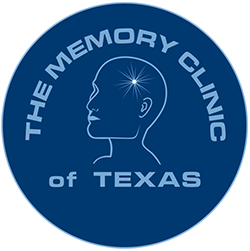
We're so glad you're here to connect with psychologist Dr. Jim Harris about psychotherapy services or media inquiries. Just a moment, we'll connect you to TXpsychotherapy.com for all the details. Thank you for reaching out!
For neuropsychological assessments, we kindly ask that you contact your provider for an alternative referral. The Memory Clinic of Texas, PLLC, is currently dedicated solely to advancing neuropsychological research. Thank you for your understanding.